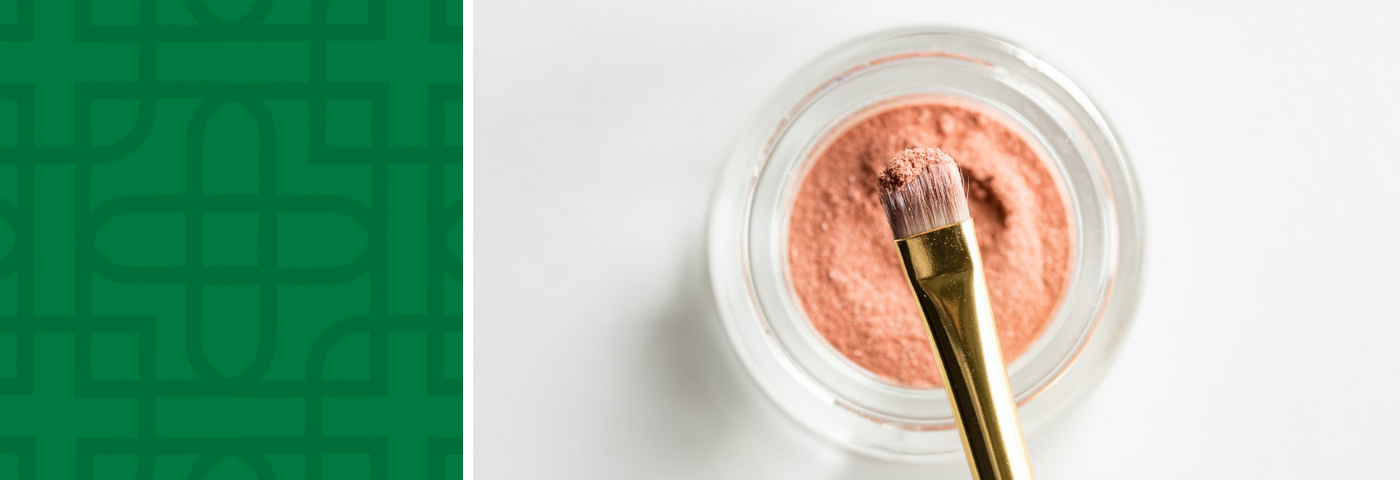We were excited to chat to Dewi Rijah Sari from DRS Consulta, a halal certification consultancy. It was great to talk in more detail about how we can clearly define halal, get her take on the industry at present, and talk a little bit about what she predicts for the future of halal.
How can we make halal cosmetics products more accessible and easier to define within the general market?
Prior to talking about the accessibility of halal cosmetics, first we need to clearly define them and create a better understanding of halal cosmetics among consumers.
‘Halal cosmetics’ refers to beauty products that have been manufactured and composed of ingredients that are permissible under Islamic Shariah (law). Halal, by definition, means permissible or allowable.
Halal compliance of cosmetics is basically applied across the entire supply chain, which ranges from the sourcing of ingredients (so that they don’t contain any traces of non-halal materials), to manufacturing and transportation/distribution. Across the supply chain, the cosmetics are protected from the possibility of cross-contamination by non-halal materials.
In terms of accessibility, the halal product is acknowledged by the halal logo on the product label, which is gained through the halal certification and assessment process. Therefore, the implementation of halal certification processes within international halal recognition schemes has become one of the key drivers for the accessibility of halal cosmetics. There are a number of halal certification bodies globally, however at the moment there is no global halal standard applicable in all countries.
Are there different levels of awareness of halal cosmetics between regions? Does this present a significant challenge for certification boards?
Yes, there are different levels of awareness of halal cosmetics between regions. At the moment, the emergence of halal cosmetics is still focused in Asia, with less recognition in the USA and Europe. This is because of Muslim-majority populations in Asia regions compared to other regions.
Are there differences of approach between certification bodies?
The halal assessment might have different approaches between halal certifier bodies. There is a comprehensive assessment approach, starting from source of raw materials, manufacturing processes and transportation/distribution.
The other approach is referring to the assessment of a finished product in order to simply ensure whether the product contains porcine derivatives or not.
Why do you think it’s important that halal products are becoming more mainstream?
The reason for the growth in demand for halal cosmetics is simply to meet the needs and preferences of Muslim consumers. The demand for halal cosmetics products today is rapidly increasing because consumers are becoming more conscious and knowledgeable about halal. Hence, this calls for assurance that the product is not only safe and high quality, but is also expected to be produced and processed in compliance of Islamic Shariah law.
What is the difference between vegan and halal?
Vegan cosmetics perceive that the product does not contain any animal products or animal-derived ingredients.
Halal cosmetics perceive that the product does not contain any ‘non-halal’ ingredients. This means that halal cosmetics might contain animal products or animal-derived ingredients, as long as they are compliant with Islamic Shariah.
What is the difference between an ‘ethical’ product and a halal product?
Halal cosmetics consider a broader view of ethics that is not just limited to organic, 100% vegan or cruelty-free. They often have a sustainability mission either socially or environmentally; for example, supporting a positive environmental impact, or ethically sourced such as offering fair wages.
Currently, the halal cosmetics market has become non-exclusive to Muslims and has gained acceptance among non-Muslim consumers who are now associating halal with ethical consumerism. The appendage of “halal” is not just a guarantee that the product is permitted for Muslims. “Halal” has become a global symbol for lifestyle choice and quality assurance.
What do you predict as the future of halal? Do you see the halal trend progressing from APAC and moving to other areas of the world e.g. UK/US?
The halal cosmetics industry will grow in line with the growing Muslim population, as more Muslim consumers want to ensure their religious principles are respected. The young or millennial Muslim consumers are contributing to the observance of Islamic principles, combining their religious practices with ‘modest fashion.’ New opportunities are therefore opening up in cosmetics and personal care categories.
The halal cosmetics segment could be the next phenomenon of ‘Muslim Beauty,’ ‘M- Beauty’ or ‘Halal Beauty,’ ‘H-Beauty,’ following the popularity of ‘Korean Beauty,’ ‘K-Beauty,’ which has driven new beauty concepts and trends.
Presently, the major growth in the halal trend is still focused in South East Asia, but we have also seen that it’s gradually moving into other Asian countries, as well as the UAE (United Arab Emirates), Europe and the USA.

